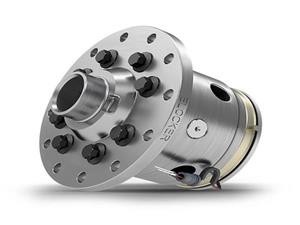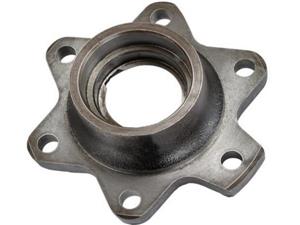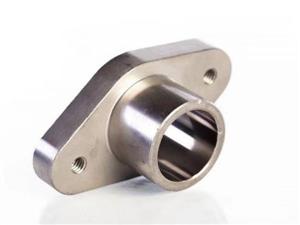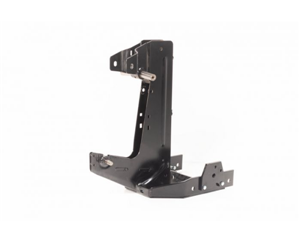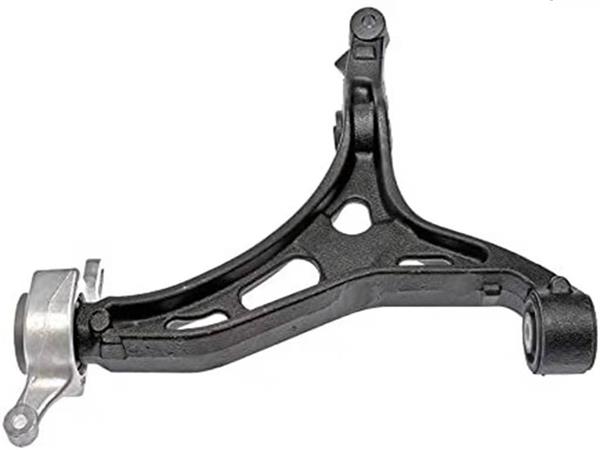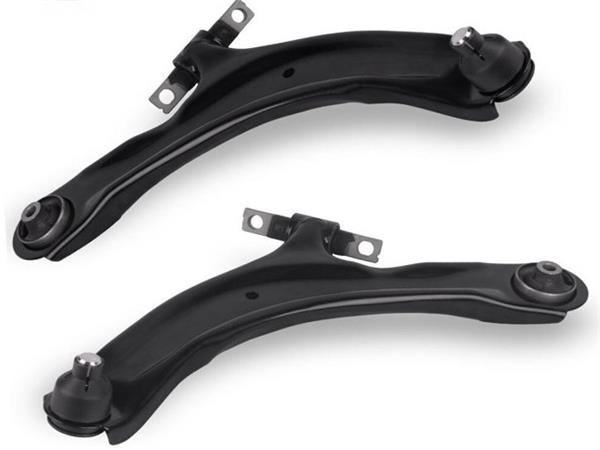The corrosion resistance of iron castings depends on which aspects
Cast iron is a material widely used in fields such as machinery, automobiles, and architecture, characterized by high strength, good toughness, and strong machinability. However, cast iron can also be affected by corrosion during use, reducing its lifespan and performance. Therefore, improving the corrosion resistance of cast iron castings is very important.
The corrosion resistance of iron castings depends on the following aspects:
1. Material composition. The composition of cast iron is mainly composed of elements such as iron, carbon, and silicon, and different compositions can affect the corrosion resistance of cast iron castings. For example, cast iron containing a large amount of carbon and silicon is more susceptible to corrosion in acidic and alkaline environments, while the addition of alloy elements such as nickel and chromium can improve the corrosion resistance of cast iron.
2. Surface treatment. The surface treatment of cast iron castings can enhance their corrosion resistance through methods such as galvanizing and spraying. For example, galvanizing can form a zinc layer on the surface of cast iron, thereby isolating the contact between air and water, achieving the effect of anti-corrosion.
3. Operating environment. The usage environment of cast iron castings is also a key factor determining their corrosion resistance. For example, cast iron castings used in humid, acidic, or alkaline environments may have poorer corrosion resistance than cast iron castings used at room temperature and pressure.
4. Manufacturing process. The manufacturing process of cast iron castings can also affect their corrosion resistance. For example, in the casting process, if the temperature or cooling rate is not well controlled, it can lead to defects such as pores and inclusions inside the cast iron, thereby affecting its corrosion resistance.
Improving the corrosion resistance of cast iron castings requires starting from multiple aspects, including material composition, surface treatment, usage environment, and manufacturing process. Only by comprehensively considering these factors can we effectively improve the corrosion resistance of cast iron castings, extend their service life, and ensure the normal operation of industrial production.

